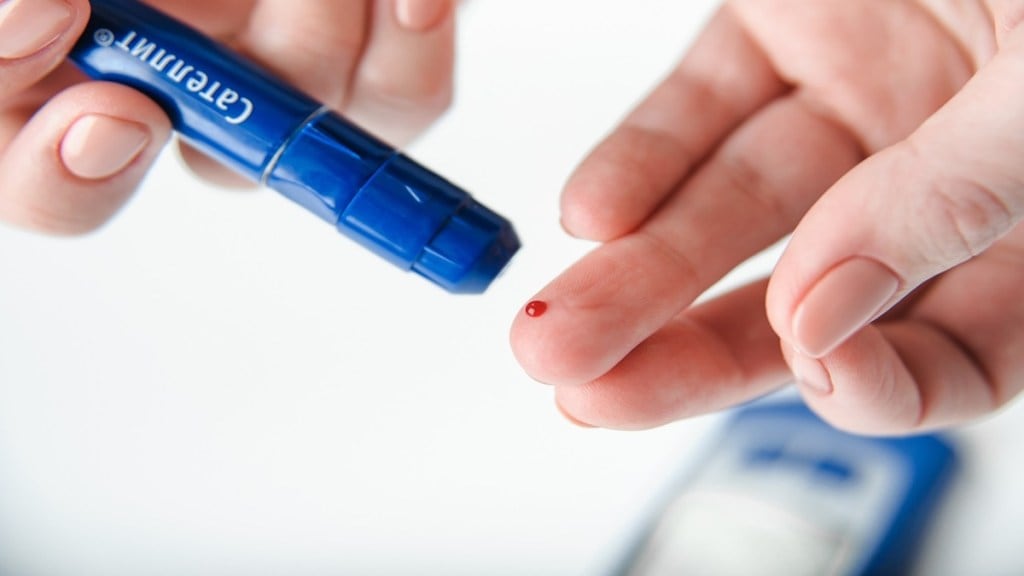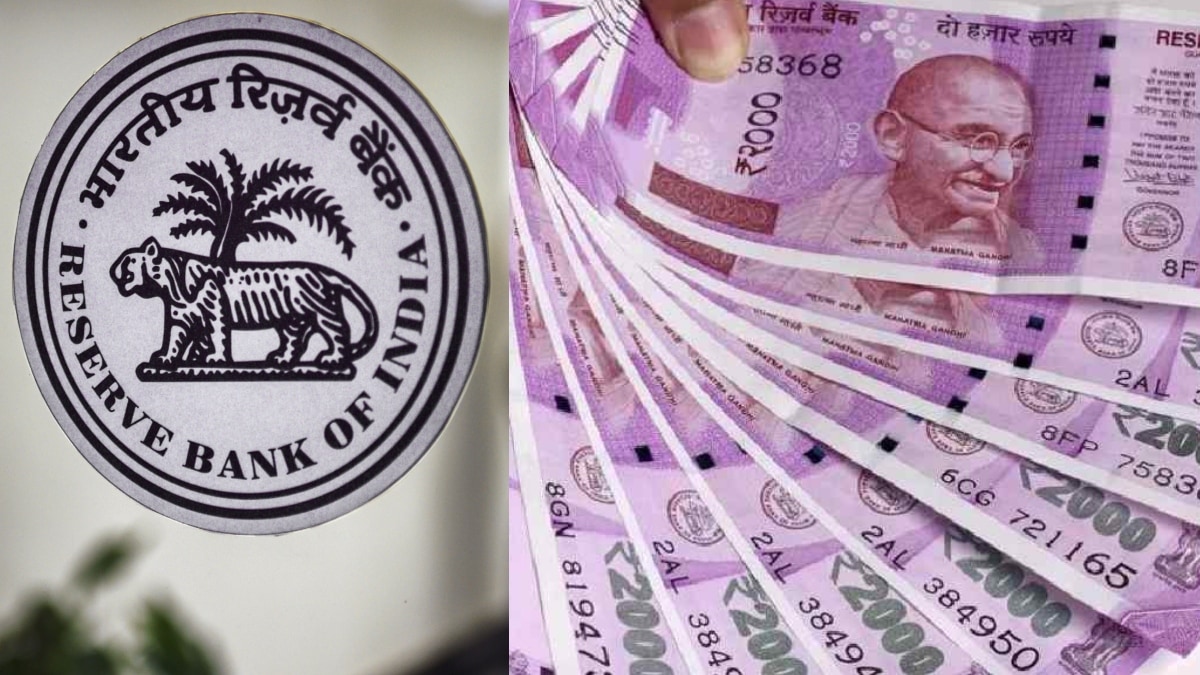Diabetes drug Mounjaro has been shown to provide cardiovascular protection in a landmark head-to-head trial against Trulicity. The injectable treatments — both developed by Eli Lilly and Company to treat type 2 diabetes in adults — are currently used in various countries, including India and the US. Mounjaro was approved by the FDA in 2022 and entered Indian markets in March this year.
According to details shared by the company, Mounjaro demonstrated higher cardiovascular protection during the large 5-year trial involving Type 2 diabetics and heart disease patients. It showed an 8% lower rate of major adverse cardiovascular events and a 16% lower rate of all-cause death when compared against Trulicity. Mounjaro also provided greater reductions in A1C, weight, and slower kidney function decline.
The trial enrolled more than 13,000 participants across 30 countries and lasted more than four and a half years. It was also the largest and longest study of tirzepatide — the active ingredient in the Mounjaro medication — conducted till date.
How are Mounjaro and Trulicity different?
Mounjaro and Trulicity are the brand names chosen by Eli Lilly for two drugs used in Type 2 diabetes treatment. Both drugs slow gastric emptying and improve insulin secretion — with the dual hormone targeting of Mounjaro producing stronger glycemic and weight loss outcomes. The latter has also demonstrated ‘better’ cardiovascular benefits but it is not currently approved as a drug to treat such symptoms. Meanwhile Trulicity has established cardiovascular risk reduction approval and pediatric use above the age of 10.
Mounjaro is a dual GIP and GLP-1 receptor agonist — meaning it mimics two natural gut hormones that help regulate blood sugar and appetite — while Trulicity only activates the GLP-1 receptor. The abbreviation GLP stands for glucagon-like peptide and GIP is an acronym for glucose-dependent insulinotropic polypeptide. Put more simply, GIP and GLP-1 are specific proteins found on pancreatic beta cells and other tissues that bind to the incretin hormones. The drugs are used to bind with and activate the receptors to stimulate beneficial effects for diabetes treatment.
What did the study say?
The massive Eli Lilly study compared the two drugs in over 13,000 adults with type 2 diabetes and cardiovascular disease for a span of five years. It found that Mounjaro demonstrated cardiovascular protection by meeting the primary goal of ‘non-inferiority to Trulicity’. It showed an 8% lower rate of major adverse cardiovascular events — such as cardiovascular death, heart attack, or stroke. Mounjaro also showed a 16% lower rate of all-cause death and provided greater reductions in blood sugar levels, body weight, and slowed kidney function decline when compared to Trulicity. The safety profiles of both drugs were consistent with previous studies, with mostly mild gastrointestinal side effects.







